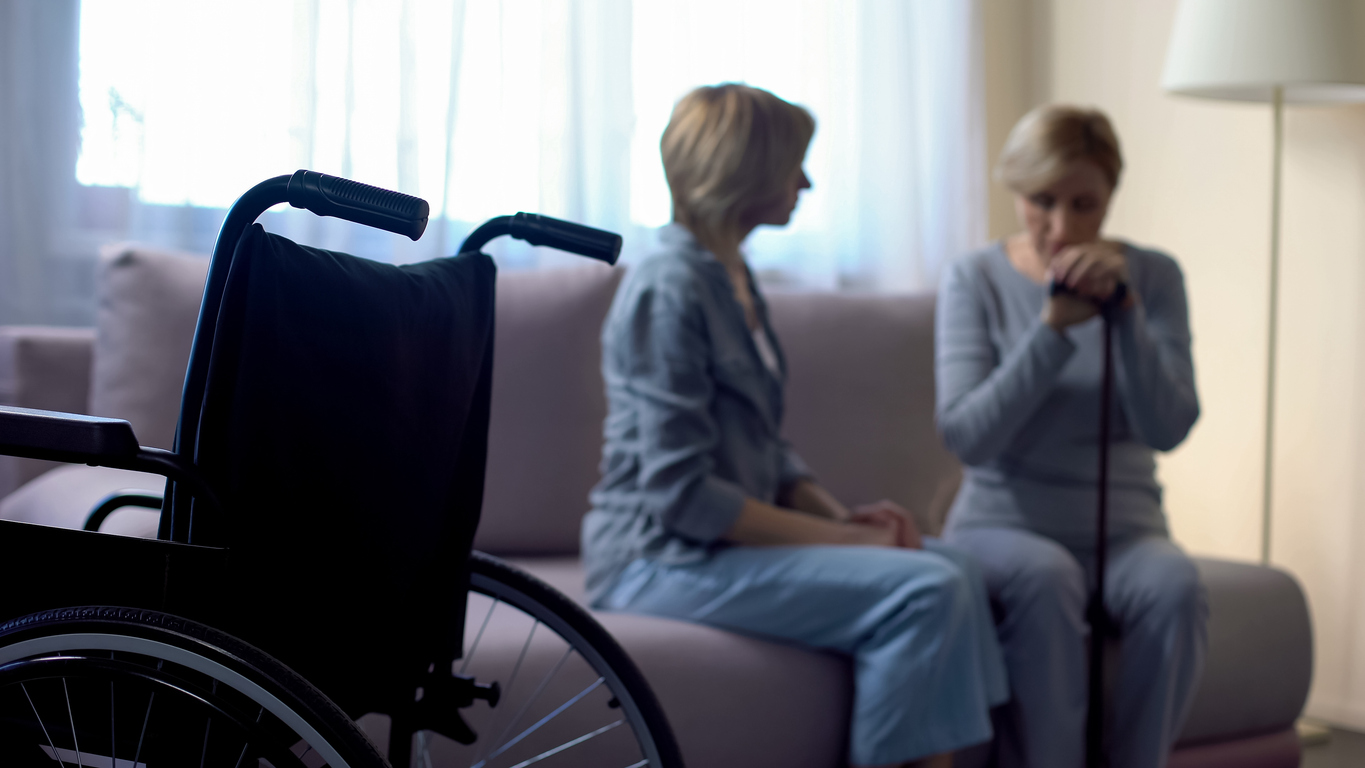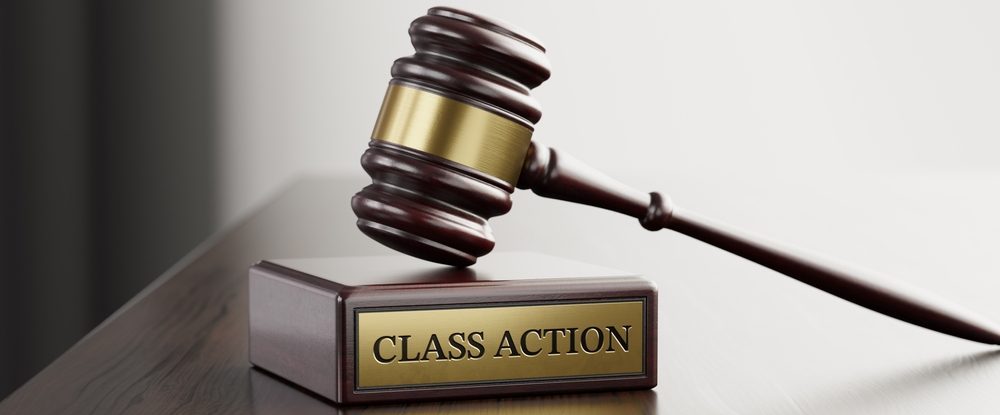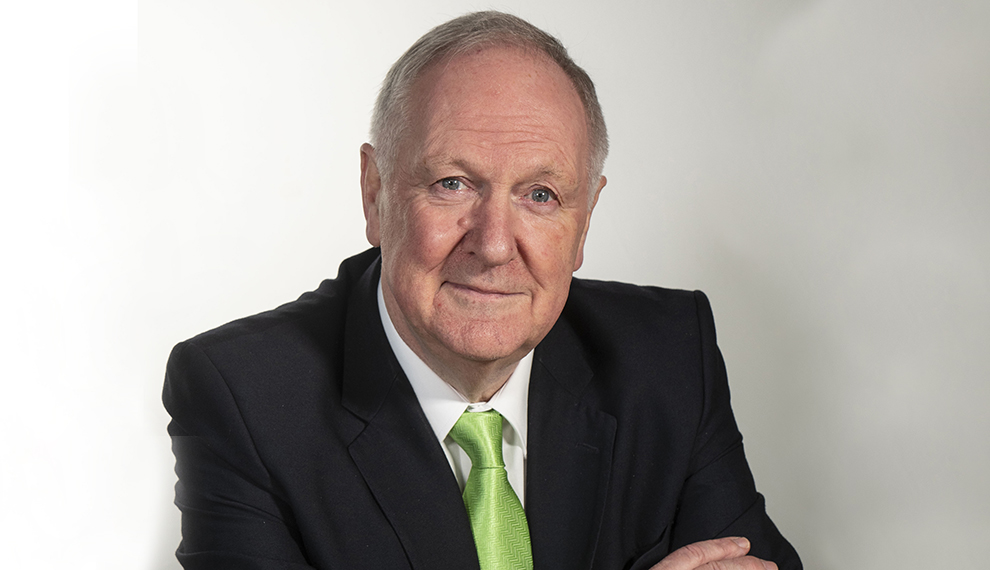Earlier last week Pauline Cafferkey, the Scottish nurse who returned to the UK having contracted Ebola herself, was cleared of all allegations of dishonesty and misconduct. She had been working at an Ebola Treatment Centre in Sierra Leone in 2014.
The NMC referred her case to a Fitness to Practise hearing of the Conduct and Competence Committee. The specific allegations against her related to her conduct at the Public Health England screening area at Heathrow airport upon her return to the UK. The NMC alleged that she had dishonestly allowed an incorrect temperature to be recorded; left the screening area without reporting her true temperature; and did not tell a doctor that she had recently taken paracetamol which could have affected the temperature reading.
The NMC alleged that her actions had potentially put the public at risk, as well as jeopardising the reputation of her profession and that her fitness to practise was therefore impaired.
It is the allegation of dishonesty in relation to this incident that is of particular interest. The Conduct and Competence Committee of the NMC struck out the charge of dishonesty. This was after an expert gave evidence that the nurse’s ability to make decisions and reason properly were compromised by the onset of the illness by the time she reached the UK. The Committee concluded from this that her judgment had been impaired at the time and therefore she could not have been dishonest.
What constitutes dishonesty?
We deal with a lot of cases where medical professionals find themselves facing allegations of dishonesty. Many registrants struggle to understand how what they have done constitutes dishonesty.
It is easy for us all to agree that robbing a bank or stealing a bar of chocolate from the newsagent is dishonest. However there are circumstances that arise where a difference of opinion creeps in and the distinction between honest and dishonest is not as clear for all to see.
When it comes to medical professionals, recent cases we have dealt with involving allegations of dishonesty include circumstances such as taking paid employment with a second employer whilst in receipt of sick pay/parental leave from a primary employer; submitting inaccurate time sheets or mileage claims; removing information from a list for review at a departmental meeting; and falsifying documentation.
It is important to note that medical professionals can be referred for Fitness to Practise hearings for dishonesty arising not just in their professional life, but in their personal life as well. Some registrants struggle to understand the relevance of what they do in their personal life to their professional standing. However, the regulators regard the good character of a registrant to be a fundamental issue. The regulators uphold the reputation of the profession as well as protecting the public and this is often the public interest element which justifies a regulator bringing such cases.
Panels do not just look at cases where medical professionals have been dishonest by something they have done, they can also find that a registrant has been dishonest by something they have not done. It is possible to be dishonest by omission as well as a through a positive action.
It is also worth noting that the medical professional does not have to have gained personally from misconduct, for the panel to make a finding of dishonesty.
What does dishonesty mean in law?
The starting point in law with regard to ascertaining dishonesty is referred to as the ‘Ghosh test.’ To be dishonest there are 2 tests that both need to be passed:
- First, whether according to the ordinary standards of reasonable and honest people what was done was dishonest and;
- If it was dishonest by those standards, then it needs to be considered whether the individual themselves must have realised that what they were doing was by those standards dishonest.
When a Fitness to Practise Panel considers allegations of dishonesty, the guidance provided to the Panel by the Legal Advisor still follows this Ghosh test.
There has been quite a lot of discussion in more recent years, in relation to the standards of “reasonable and honest people” and whether in regulatory and disciplinary hearings this should be the standards of “reasonable and honest medical professionals” specifically. Regulators and Fitness to Practise Panels have debated whether these 2 sets of people actually have different standards when it comes to honesty. The agreed rule, again adopted as part of the guidance provided to the panel, is that the assessment of honesty must be made in context and from an informed perspective. This allows for any specific knowledge and understanding of the professional context, without the need to imply a differing level of honesty.
Dishonesty by omission
Medical professionals may find themselves facing allegations of dishonesty by omission. Examples include failing to disclose previous fitness to practise history on an application form, regardless of whether this is specifically requested; failure to comply with the ‘duty of candour’ by not reporting appropriately when things have gone wrong; or being deliberately evasive when being asked a specific question that the registrant knows the answer to.
Some registrants struggle to accept that not doing something, or avoiding telling someone something, can constitute dishonesty. As an illustration, imagine that you are looking to sell your car to another private individual and your last MOT advisory for that car stated that there was corrosion in the brake cables that would need to be dealt with. Most people would agree that it is dishonest not to tell the buyer this information. Others may seek to argue that it only amounts to dishonesty if the specific question is asked and a lie is given in response, or even an evasive answer is given. However, such distinctions will find little favour with a Fitness to Practise Panel.
As medical professionals, throughout your training and professional career there are a number of processes and accepted standards of professionalism in relation to communicating with patients, receiving feedback, liaising with colleagues, providing information etc. Registrants may find themselves the subject of a Fitness to Practise investigation when these standards are not met and relationships and/or communications break down. In this situation, medical professionals can find themselves at risk of allegations of dishonesty by omission, for instance by not engaging with your Educational Supervisor or mentor; not seeking advice or assistance on a complicated or unusual case; or not reporting an issue affecting a patient’s safety.
Examples from recent investigations
There have been recent examples where registrants faced allegations of dishonesty in Fitness to Practise hearings, and the panels have found registrants to be dishonest. A doctor claiming to be unaware of the parental leave policy, which specifically did not allow the undertaking of separate employment whilst on parental leave was found to be dishonest. The Panel concluded that the doctor should have been aware of the policy and the leave application form made clear the purpose of that leave.
A midwife who the Panel found had included information in their diary regarding work that they had not carried out was found to be dishonest. The Panel concluded that it was a legal requirement for a diary to be an accurate record of work carried out, rather than work intended to be carried out.
A doctor who removed the names of patients from a list for review at a meeting was found to be dishonest. The Panel found that the doctor would have known that they were depriving their colleagues of a learning opportunity.
An operating department practitioner, regulated by the HCPC, who worked agency shifts whilst on paid sick leave from another employer was found to be dishonest. The Panel in that case concluded that this action came firmly into the category of serious acts of dishonesty.
The regulators hold professionals to high standards of integrity. In the case of Pauline Cafferkey, the panel clearly gave a lot of weight to the expert evidence in relation to the impact that the onset of her illness would have had on her judgement. In striking out the allegation of dishonesty, the Committee obviously came to the conclusion that in relation to the second stage of the dishonesty test, the nurse could not have realised that what she was doing was dishonest.
An allegation of dishonesty is amongst the most serious allegations a medical professional can face. If a Panel finds that a registrant has been dishonest, especially where the registrant has denied this, a sanction of erasure or removal from the register can unfortunately be the most likely outcome.
Written by Marie Dancer and Victoria Rees, expert fitness to practise lawyers from Richard Nelson LLP and the Medic Assistance Scheme.
(Source: Richard Nelson LLP)
























